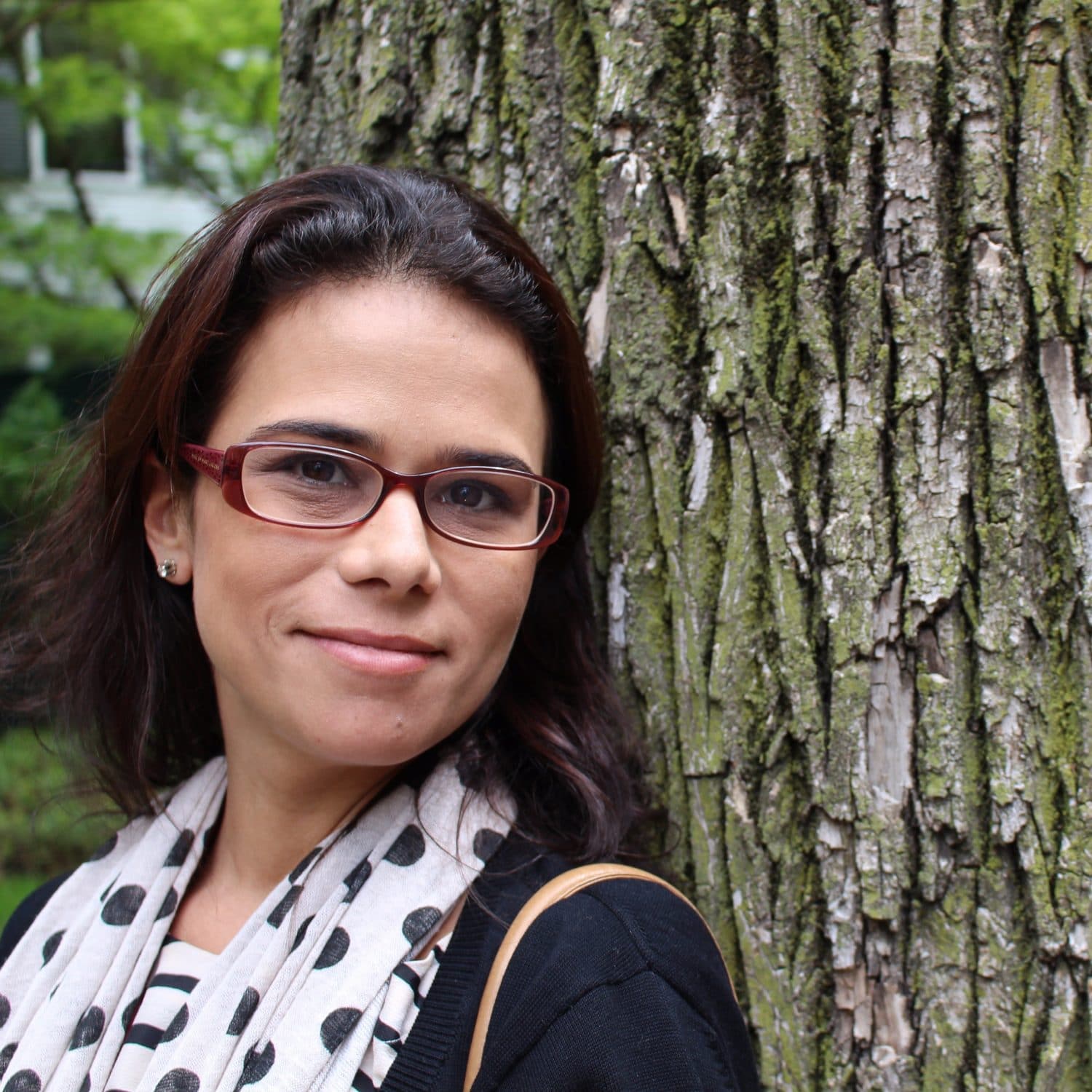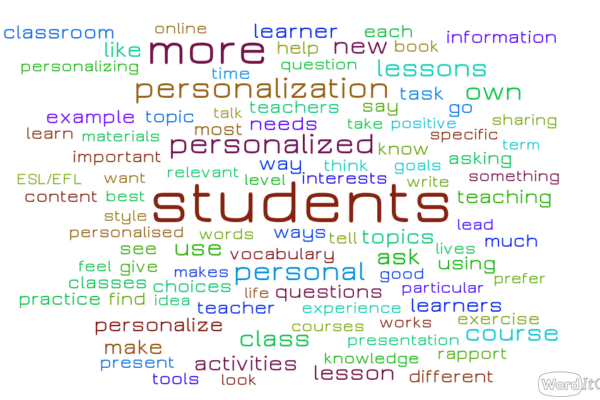What I learned from watching my kids learn
I often wonder to what extent me being an educator has influenced what I am like as a mother – and vice-versa. It is easier to see how being a teacher shaped the mother I am.
For instance, I have never done my kids’ work or projects. I have guided their research (making sure they learned to question the reliability of certain sources and that there was no copying and pasting!), helped them organise their ideas coherently before putting on paper, gave my opinion on their ideas. Countless times their posters were the simplest in their classes, but they had done it themselves. I rarely give them direct answers to school-related questions; I make them go after it, think, come to a conclusion on their own. Once, my daughter asked me a question and instead of giving her the answer, I asked her more questions, trying to help her get to the answer she wanted on her own. When she finally got there, she sighed and said: “Do you always have to be a teacher? Can’t you just be a regular mom?” (The answer to that, by the way, is no. I can’t separate the two.) I could go on and on, listing ways of how being a teacher shaped me differently as a mother.
But what about the other way around?
There was one specific episode that had great impact on me. When my son was 9 his class had to put together a science fair. Nothing new or especially interesting about that. But the way it was done is what called my attention. Each student was invited to choose a topic they liked, something that they were truly interested in. Within the chosen topic, they had to think of a “problem” to be solved. The teacher worked with the kids, guiding them in the process of learning to ask questions, but not just questions: big questions. Big questions are the ones that require reflection, previous knowledge, research, deeper thinking, experiential learning (hands-on work). The answer to a big question is knowledge that the student transfers to other areas of their lives.
My son decided to do his project about internet. It was fascinating to see how the teacher guided him to ask questions, to narrow the topic down and find the one question he was curious about enough, turning that into his research project. He decided to find out how different materials interfered in the wifi signal. This was something that was important to him, for the wifi signal in our home can be very unstable, and he “needs” to be connected 24/7. I have never seen him as engaged and committed to a project. He thought of different materials, how to use the material to surround the modem (so it would interfere in the signal) figured out a way to measure the speed of the internet (as evidence of the interference), recorded his findings and wrote his conclusion. He was 9 years old.
How did this experience change me as a teacher? Seeing the kind of engagement, motivation and deeper understanding that asking a big question and getting students to work to find an answer to it made me start using big questions in my lessons too. It made me try and incorporate more of that kind of deeper reflection in my lessons. Some of the most amazing, memorable lessons I’ve taught happened that way.
What about you? What aspects of your life have influenced your teaching?






